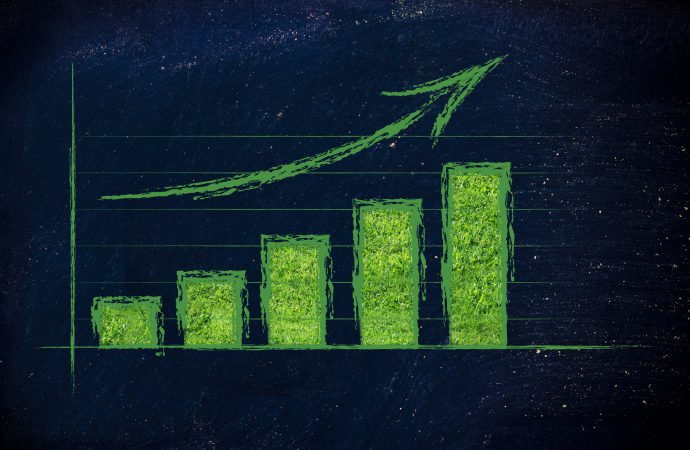Data around sport’s environmental and social performance needs to be collected and aggregated in a standardised way, says Lindsay Arell and Tim Trefzer
“What’s a good waste diversion percentage for a sports stadium?” This was the question posed to us a few months ago and, while seemingly simple, upon further reflection the answer is unusually complex.
Does the venue have access to commercial composting? Does the venue consider waste-to-energy as diversion? Is there a back-of-house waste sort? The conversation spiraled and rather than the question of what is a “good waste diversion” we were struggling to find the answer to “what is realistic and respectable?”
To answer that question, we needed to know what an average waste diversion of a sports venue is. And finding that answer was surprisingly difficult.
Questions like this and others around best practices continually arise in our work with stadiums, arenas, and ballparks. Although data is widely collected by teams and venues to make business decisions, it was surprising that this did not apply to environmental and social key performance indicators.
In fact, in an industry so reliant on metrics and statistics, the information we sought had never been collected or aggregated. It was with this realisation that we at Honeycomb Strategies, supported by Max-R and Eco-Products, sought to develop the Sustainable Sport Index (SSI), the sport industry’s first benchmark of key social and environmental performance indicators.
The Sustainable Sport Index, launching 19 April 2021, will capture KPIs from sport venues in the areas of energy, water, and waste, as well as transportation, carbon, fan and staff engagement, procurement, and diversity, equity, and inclusion.
It is free for venues to participate in the survey and contribute to this effort. By collecting and compiling this data and reporting in a comprehensive and anonymous report, we will gain a better understanding of the impacts of the sport industry and an understanding of those simple questions, like: “What is a good waste diversion percentage for a sports stadium?”.
Why has this never been done before – and why now?
We’ve heard elaborate reasons about why this has never been done, such as sports organisations are reluctant to share information, and that simply acquiring the information from busy businesses is a challenge. However, there is a tangible shift in the sport industry towards increased environmental responsibility and social awareness like we have never seen before. The biggest questions sport venues are facing are: What to do? What are my peers doing? And how do we get started?
The Sustainable Sports Index will offer participants an understanding of their practices as they compare to the industry, and a path to move their internal practices forward.
It achieves this with two reports; the first report is a comprehensive and anonymous public-facing industry report that will highlight the sum of the data collected, best practices, and venue case studies. A second confidential report is provided to each team/venue that participates that is custom and specifically identifies where they align against their peers, their areas of best practice, and opportunity for improvement.
All of this leads to the goal of the Sustainable Sport Index, which is to advance sustainability practices in an industry that has immense influence by showing improvement year-over-year. Yet, as an inaugural report, it is essential that there is buy-in across teams, leagues, and venues. More data received means better solutions for the industry.
The SoFi Stadium in Los Angeles, home of the LA Rams NFL team, is one of the venues taking part in the Index’s first iteration. According to Chan Onechanh, the stadium’s VP, engineering, transportation and parking, while the sport’s industry “relies on data for all aspects of decision making”, environmental and social sustainability impacts “have never been understood”.
Those participating in this first iteration of the Sustainable Sport Index will not only have insight into their position regarding sustainability against those with which they compete on the field, rink, or court, but they’ll be highlighted as initial supporters of a cause that is necessary to advance the industry as a whole.
The Sustainable Sport Index opens to teams and venues during Earth Week, beginning 19 April, and goes through 9 June 2021. The first Sustainability Index Report will be published in early September.
For more information or to participate in the industry’s first Sustainable Sport Index, please visit www.sustainablesportindex.com or email connect@sustainablesportindex.com.










Leave a Comment
Your email address will not be published. Required fields are marked with *